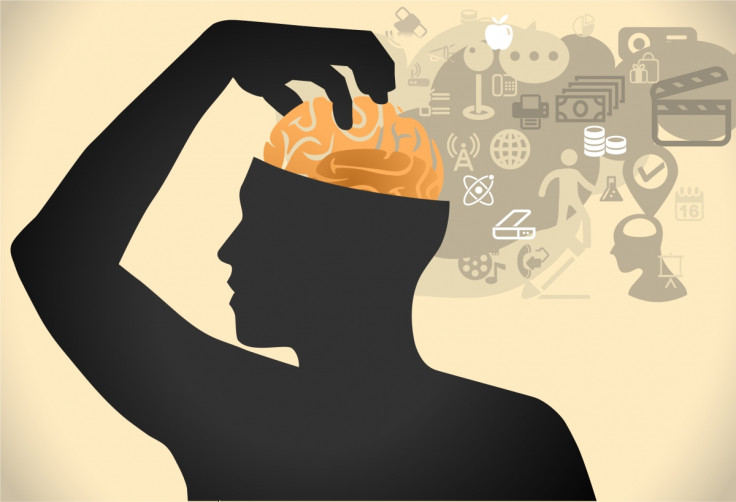Woman with amnesia baffles scientists with 'hybrid memories' of skills
A woman with amnesia is able to describe skills she used in the past even though she cannot perform them.

The case of a 64-year-old amnesiac woman could redefine our understanding of how memory works. Investigating exactly what this patient was able to remember, researchers suggest the brain is able to remember skills used in the past, even when people are not able to use them anymore.
Published in Cognitive Neuropsychology, the study describes the case of Lonni Sue Johnson, who used to be a great watercolour painter, a violinist and an amateur airplane pilot until she developed viral encephalitis.
It destroyed her hippocampus - the part of the brain used to form new memories and retrieve old ones - and has left her with severe brain damage and memory impairment as well as a decreased ability to learn new skills.
Thought she does not remember much from her past– not even her wedding day –Johnson is still able to recall in great details the skills she used in painting, playing music or even to fly a plane.
Researchers at Johns Hopkins University, who are investigating her condition, believe that amnesiacs could therefore retain some kind of skill-related declarative knowledge, even as their memory of facts becomes blurry.
Skill-related knowledge
Most of scientific literature about memory firmly separates declarative knowledge - the memories of facts - from memories for skills. However, Johnson seems to possess a hybrid form of both memory types. She might not be able to use her skills to paint, play violin or fly, but she is able to describe them precisely.
To prove this, the scientists tested her on her memory of the skills needed in art, music, flying and driving. People of similar age -who were either experienced or novice in those areas - were recruited as controls and went through the same tests.
Participants answered questions about the techniques, equipment and terminology involved in performing the various skills. In art and driving, Johnson scored nearly as high as experts while in music and aviation, she did not perform as well, but knew considerably more than the novices.
"Although Johnson had not created watercolours, had not flown a plane, and had not driven since her illness, she could still describe how one would go about carrying out these activities," says John Hopkins cognitive scientist Michael McCloskey. "These findings suggest that skill-related knowledge can be spared even with dramatic losses in other kinds of knowledge."
This indicates that strictly separating declarative memory from skill memory may not be the best way to describe the different processes of memorisation at work in the brain. The scientists believe that amnesiacs face extensive losses in memory for general world knowledge and facts, but are able to hold on to a form of 'skill-related declarative knowledge'.
© Copyright IBTimes 2024. All rights reserved.






